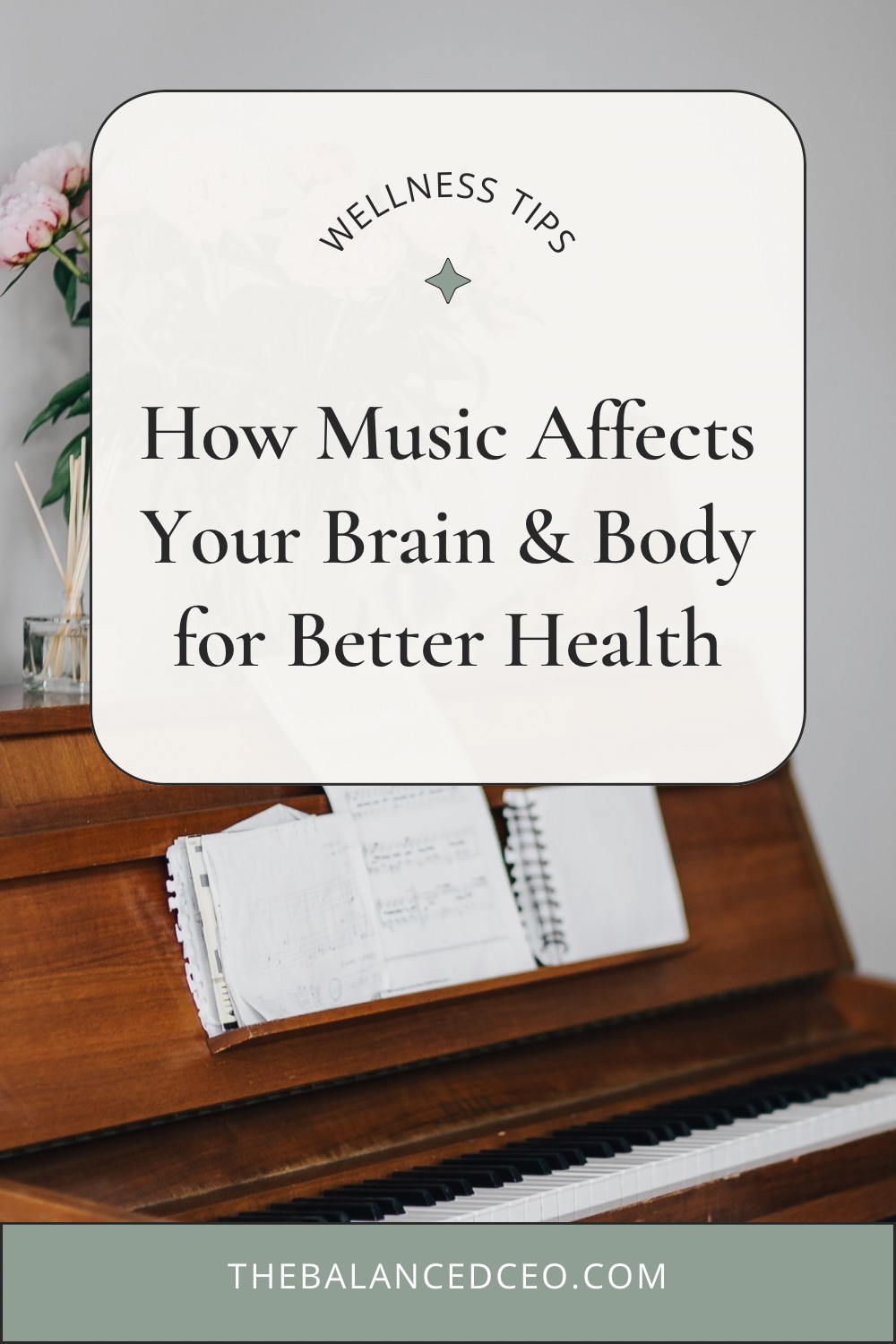This post may contain affiliate links, which means I’ll receive a commission if you purchase through my links, at no extra cost to you. Please read full disclosure for more information.

There is something about music that just speaks to people. Whether you’re into rock, pop, classic, jazz or heavy metal, it’s a universal language that everyone can understand. While most things in life are diverse, a love for music and song doesn’t tend to be one of them and it is something that can help in more ways than one.
In fact, music has been found to help improve your mental health, reduce anxiety and increase focus. Music producer Clive Davis once said, ‘I encourage the study of music. And the immersion. ‘Cause my life has been so enriched by being involved in music as I have.’ Showing just how important music can be to a person.
But how can it help your health? In this article we take a look at some ways that music can help your mental health and how you can fully embrace it.
It can reduce anxiety
Music has been found to trigger biochemical stress reducers in the brain, minimising anxiety and making you feel good. It has also been found to lower blood pressure and bring down your heart rate which can help you feel less anxious. If you are feeling stressed or anxious, tuning into your favourite song or a song that is calming can help to stop your thoughts from racing and mean you can think more clearly.
It can help depression
If you are feeling sad and down, it has been found that music can help with this. Releasing endorphins, music has the power to elevate your mood and make you feel happier. It has also been found that music therapy is a great way for you to work through what you are feeling and greatly helps to improve your mood. It can also help with side effects of depression such as lack of sleep. Listening to relaxing music before bed can help you to drift off, which in turn can reduce your feelings of depression.
It can help with pain management
There are many reasons you might suffer from chronic pain. It could be that you have a condition such as fibromyalgia, or perhaps you have been in an accident and are recovering. No matter the cause, listening to music can help to distract your mind, taking your brain away from pain signals and reducing how much of it you can feel. Music has also been found to reduce the perceived intensity of pain and make it easier to manage and work through.
Conclusion
These are just a few things that music has been found to do that can help you get through painful periods in your life. Whether you are feeling down, going through a hard time or are in physical pain, music is there to help. This shows what power and influence notes, bars and melodies have and how you should incorporate it into your daily life. What are some top tips you have for using music to help you with your health?





Leave a Reply